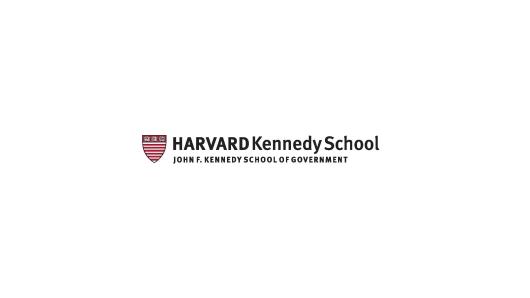Course description
At the crossroads of three continents, the Middle East is home to many diverse peoples, with ancient and proud cultures, in varying stages of political and socio-economic development, often times in conflict. Now in a state of historic flux, the Arab Spring and subsequent upheaval, including the domestic conflicts in Syria, Iraq, Yemen, and Libya, have transformed the Middle Eastern landscape, with great consequence for the national security of the countries of the region and their foreign relations. The primary source of the worlds energy resources, the Middle East also remains the locus of the terrorweapons of mass destruction, fundamentalist nexuswhich continues to pose a significant threat to both regional and international security. This course surveys the national security challenges facing the regions primary players (Egypt, Saudi Arabia, Iran, Iraq, Syria and Lebanon, Israel, the Palestinians and Turkey, and Jordan) and how the convolutions of recent years have affected them. Unlike many Middle East courses, which focus on US policy in the region, this course concentrates on the regional players perceptions of the threats and opportunities they face and on the strategies they have adopted to deal with them. It thus provides an essential vantage point for all those interested in gaining a deeper understanding of a region, which stands at the center of many of the foreign policy issues of our era. The course is designed for those with a general interest in the Middle East, especially those interested in national security issues, and students of comparative politics and future practitioners, with an interest in real world international relations and national security.








